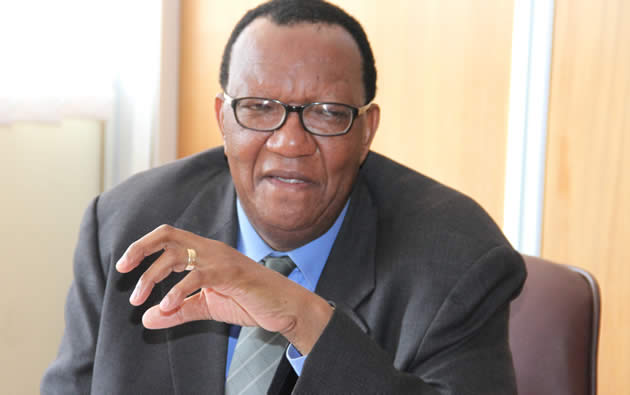SMEs should tap into COMESA: Nyoni


SMEs stakeholders follow proceedings at a formalisation workshop at a Bulawayo hotel in this file photo
SMALL-to-medium enterprises should take advantage of the Common Market for Eastern and Southern Africa (COMESA) to market their products and services, Small to Medium Enterprises and Cooperative Development Minister Sithembiso Nyoni has said.
COMESA is Africa’s largest regional economic block with a combined gross domestic product of $447 billion and an estimated population of 500 million people.
Delivering a speech at the Institute of Bankers of Zimbabwe conference in Nyanga, Minister Nyoni said the COMESA market was a low hanging fruit that the sector could take advantage of, before reaching the bigger global markets.
She singled out agricultural products as some of the products that SMEs could easily take advantage of to penetrate the regional trading bloc, before looking at bigger markets like Europe.
“There is a huge market in COMESA, which has a population of half a billion. Zimbabwe can actually feed the whole of COMESA if we take agriculture seriously, for instance.
“If we take a look at the amount of under-utilised land we have, we can feed the entire continent,” she said. COMESA is a free trade area with twenty member states stretching across Africa, from Libya to Swaziland. Formed in December 1994, COMESA replaced the Preferential Trade Area, which had existed since 1981.
She, however, emphasised the need for big corporate and financial institutions to assist the booming sector create market linkages.
This, she said, was one of the ways to ensure the sector grows, a development that will cascade to other sectors of the economy, given the contribution the SME sector is making towards the economy.
Statistics show the sector now employs about 5,7 million people in Zimbabwe and contributes an estimated 60 percent of the country’s GDP. — BH24









Comments